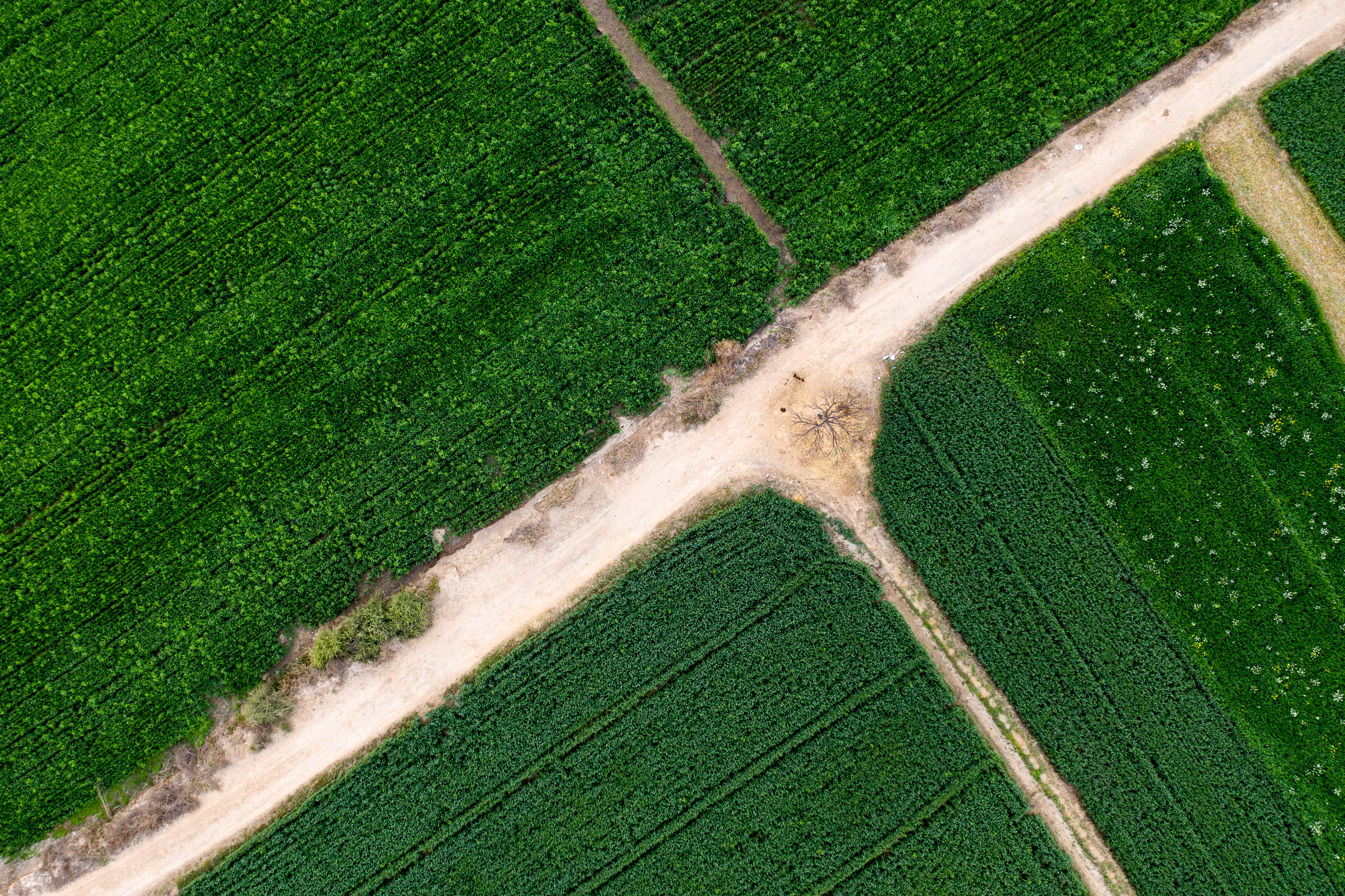Overview of Flagship Project 4
Flagship Project 4: Water Use and Management in a Changing Monsoon Climate
Water availability, management and use are crucial factors when it comes to maintaining modern populations in the arid and semi-arid environments that dominate much of India. Today, large parts of India are intensively farmed, and the large-scale mono-cropping of water intensive crops like winter (wheat) and summer (rice) crops is causing extreme water depletion. In combination, these factors are creating an acute risk to food security in the most populated country on the planet.
Archaeology has the potential to make an important contribution to identifying possible solutions to these circumstances as it can provide insight into the before, during and after stages of past food security crises. Importantly, in India, archaeological data indicate a high degree of variability in past crop choices and growing conditions, which appears to have supported sustainable farming systems that were resilient to climate change, and within which diversity may have been encouraged.
This flagship project combines archaeological approaches with insights from agronomy and agricultural economics. We aim to use insights from sustainable agricultural practices from both the archaeological and historical past – in particular the Bronze Age Indus Civilisation in northwest India and the Historic Kakatiya period in Telangana - to help identify sustainable practices for the present and the future.

